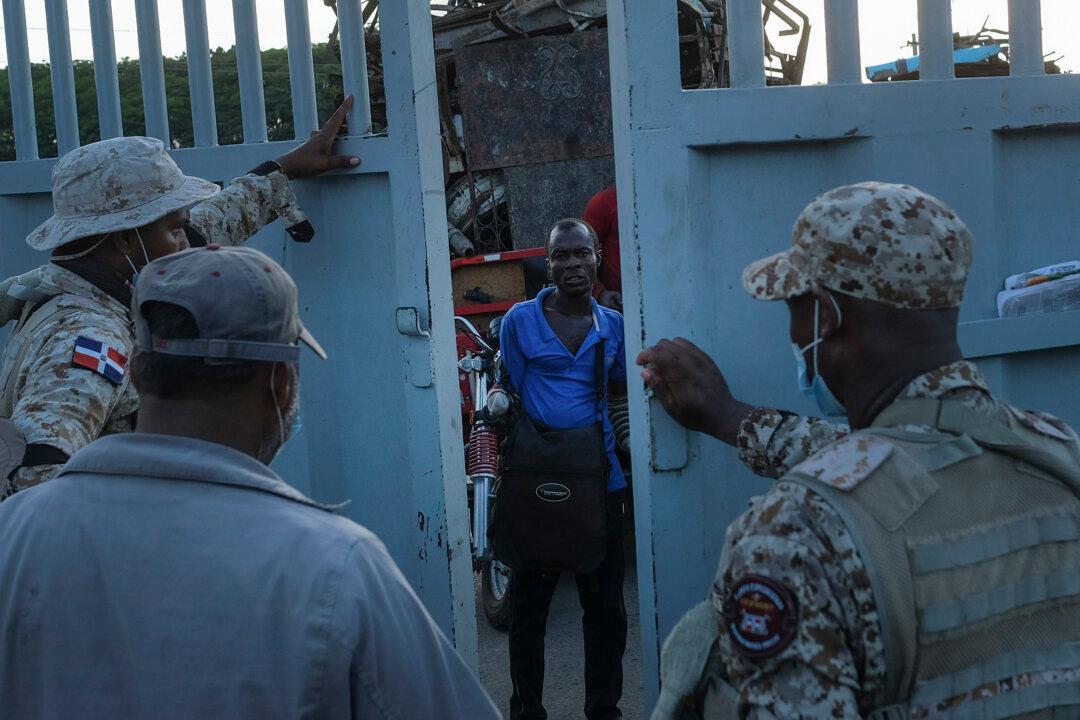The Dominican Republic has removed nearly 11,000 Haitians living illegally in the country within the past week after vowing to reduce what it says are excessive illegal immigrant populations in the Caribbean nation.
Between Oct. 1 and Oct. 7, approximately 7,591 people were deported and 3,323 repatriated, according to the country’s government.




